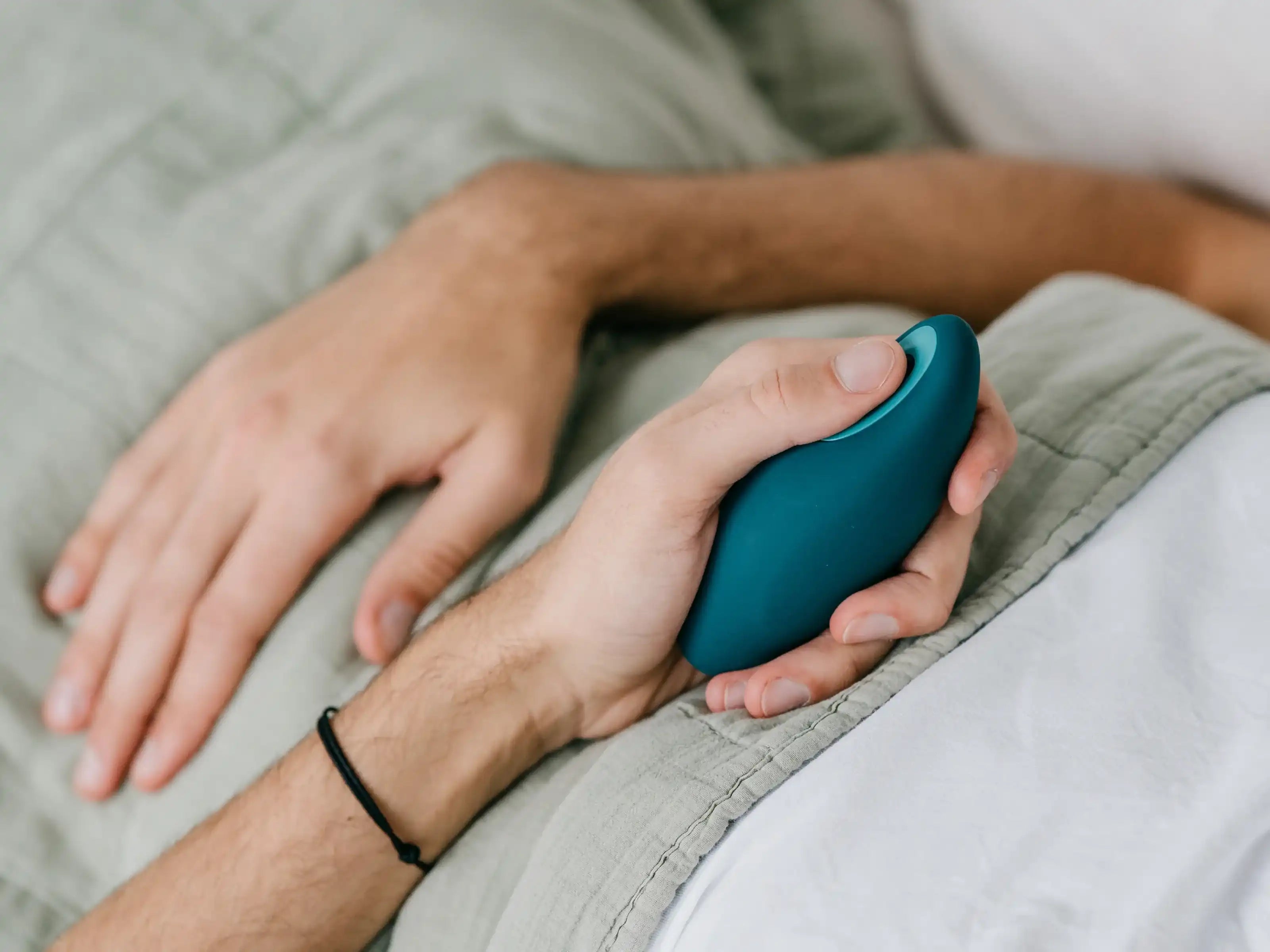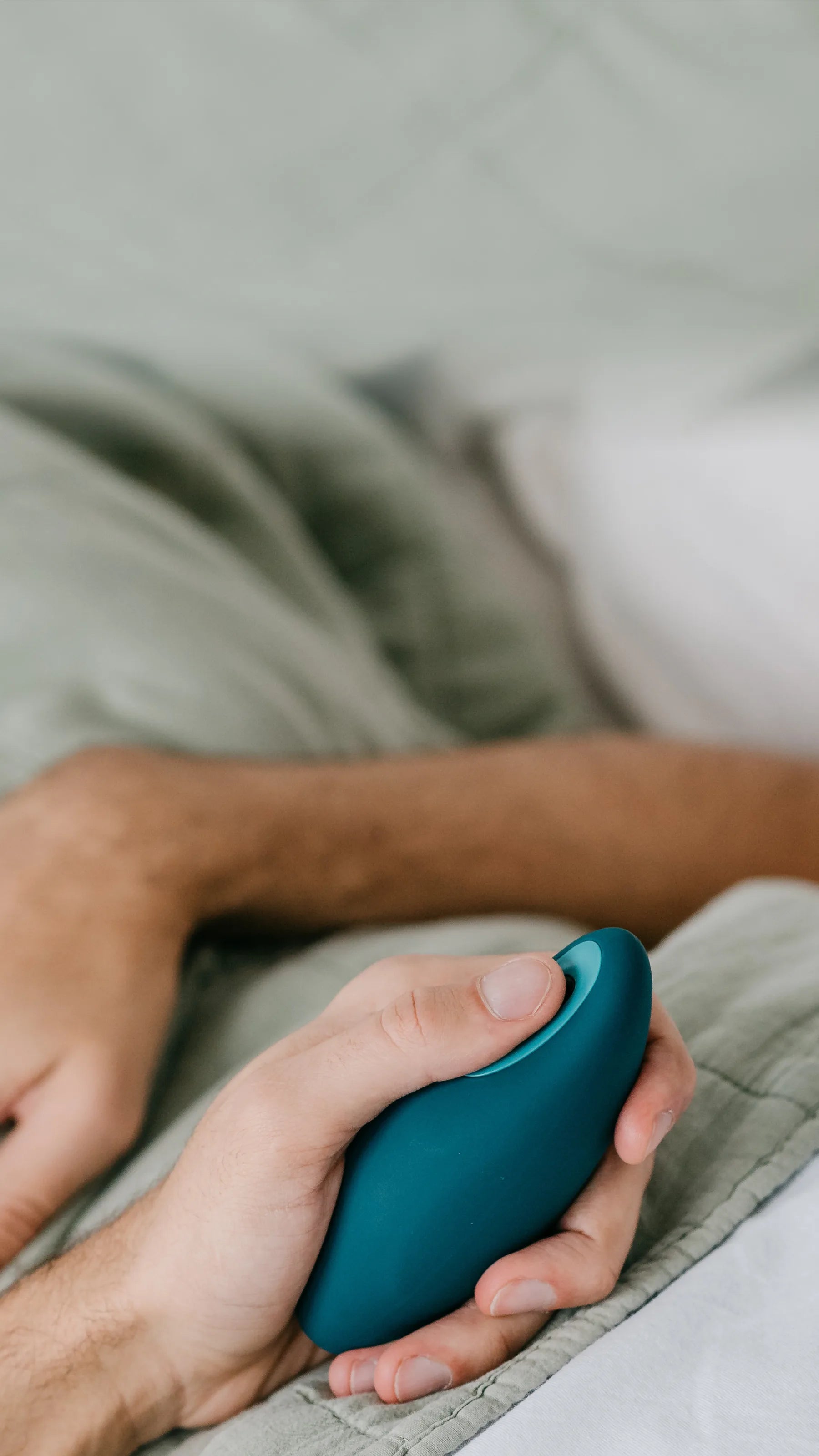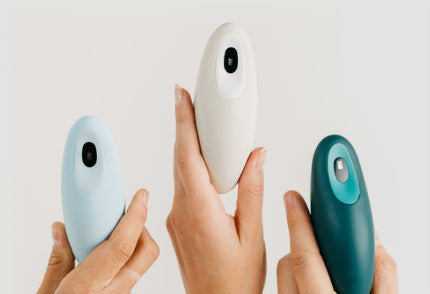“Slow breathing impacts and reduces your stress levels.”

Dr. Steven Laureys
Prof. Neurology
The science behind moonbird
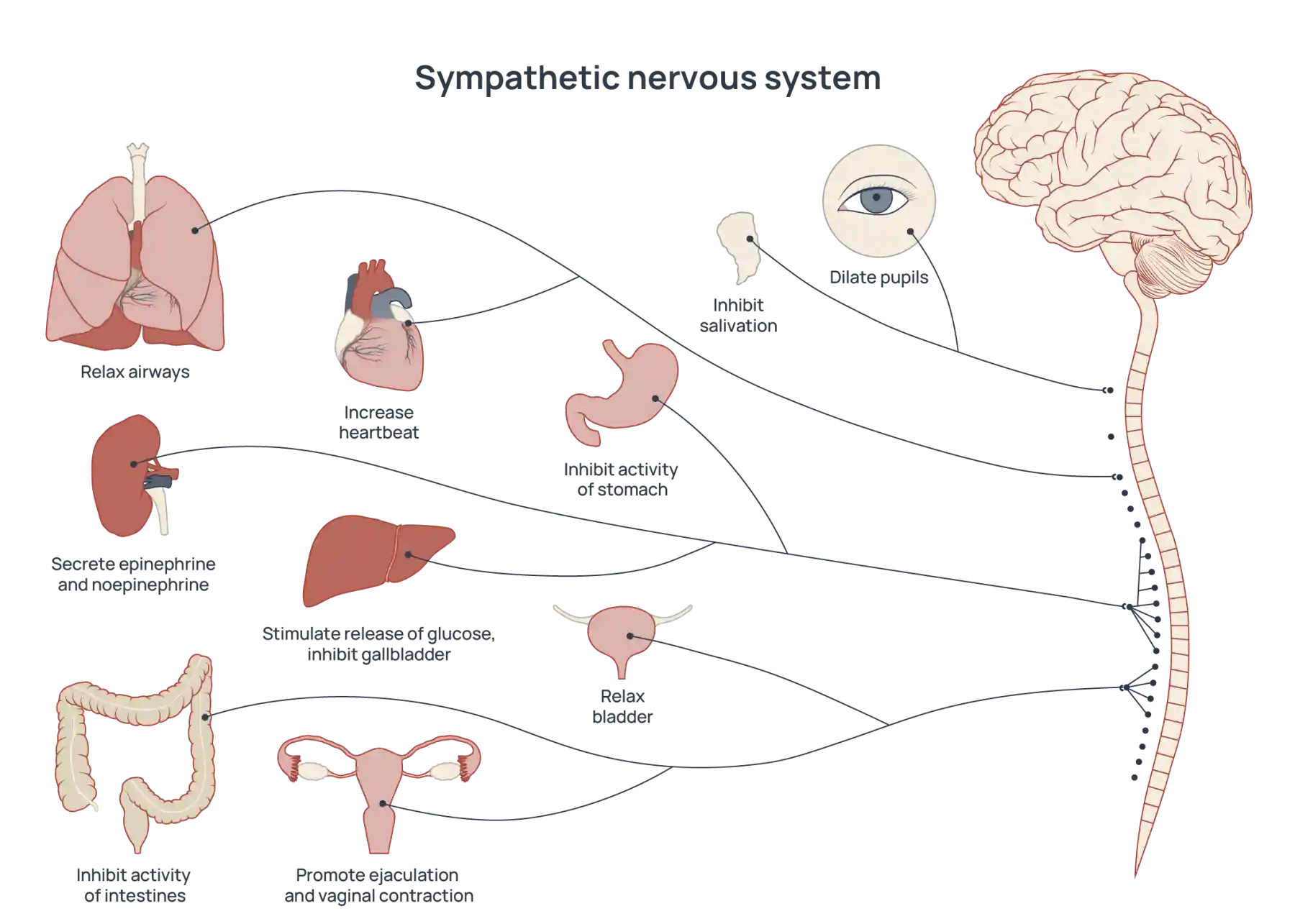
Stress pumps up your heart rate, blood pressure and adrenaline levels. In fact, it’s your sympathetic nervous system preparing your whole body for action, a ‘fight or flight’ response to protect you against possible predators and threats.
This stress could be your high-maintenance job, a complicated relationship, financial troubles, social pressure. A little of this kind of stress is fine. But a lot of it all the time ends in pain, anxiety, trouble sleeping and your focus flying out the window.
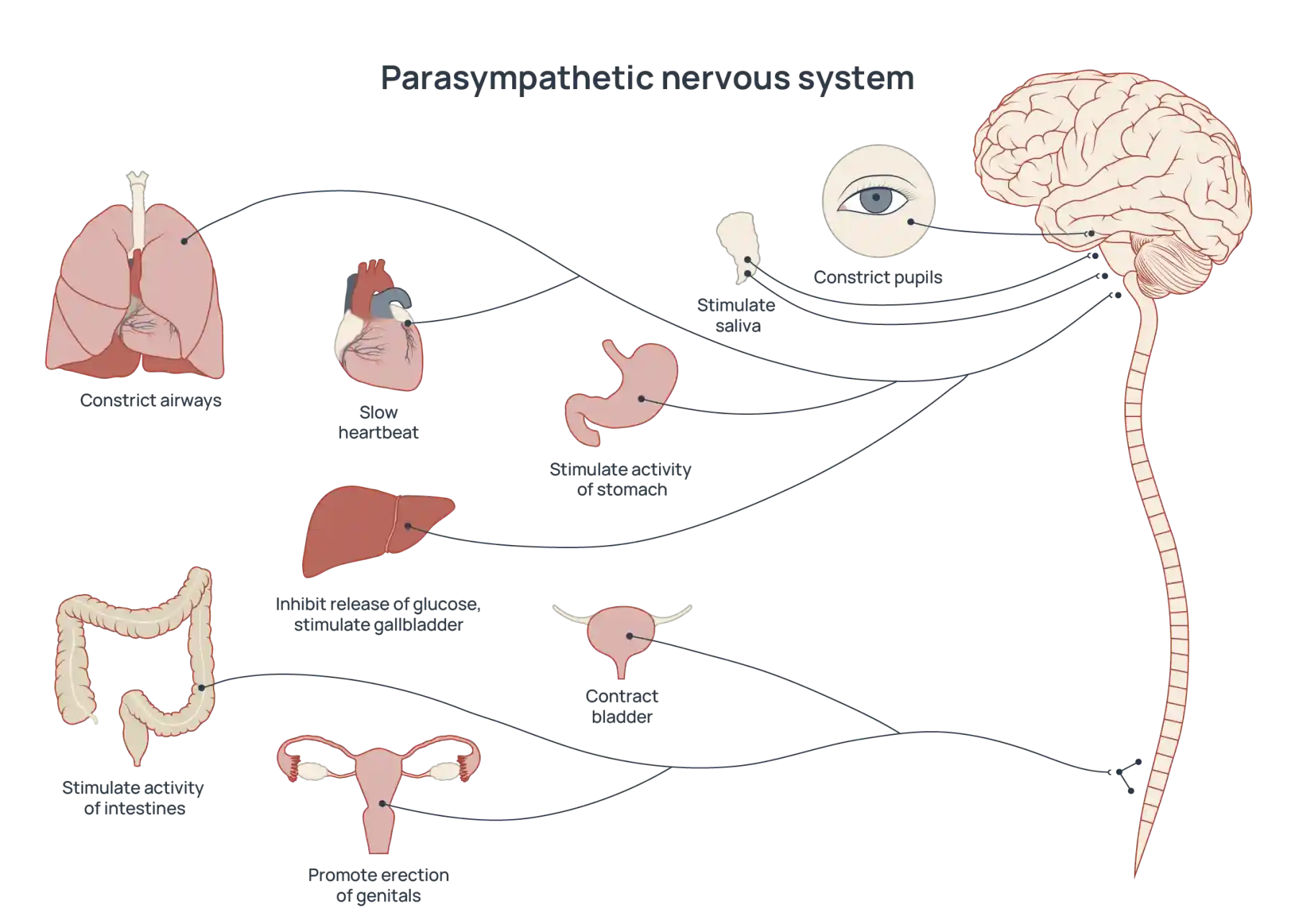
When your nervous system recognises a threat—think a lion attacking you, or a full inbox—your blood pressure and heart rate go up, and your breathing accelerates. This is the gas pedal.
The brake pedal is called the parasympathetic pathway. It’s activated when you feel safe enough to relax, sleep, or connect with others. In this mode, your blood pressure decreases, your breathing slows; there is room for creativity. What you want is for the brake and the gas to keep each other in check.
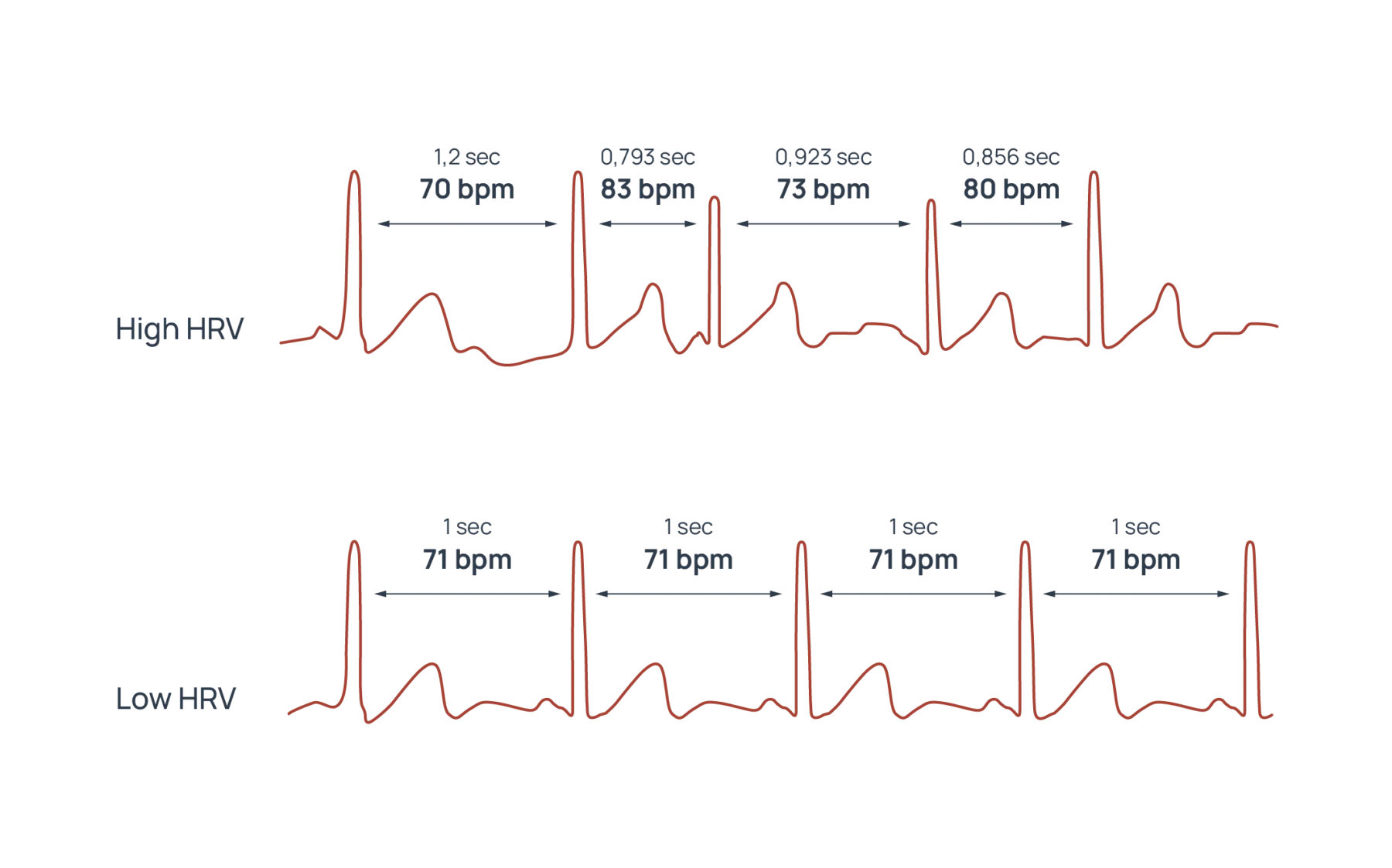
Your heart doesn’t beat like a metronome. Because it’s controlled by both the gas and the brake, it beats irregularly. This variation is called heart rate variability (HRV). A high HRV means that you are resilient and can quickly adapt to and recover from stress. It makes you calm, focused, improves your performance, breathing, sleep and resilience.
In contrast, a low HRV means the balance between your brake and gas is off. You have trouble coping with stress and recovering from it. This can result in sleeping problems, pain, illness and mood or anxiety disorders. Moonbird measures your HRV to know your stress level.
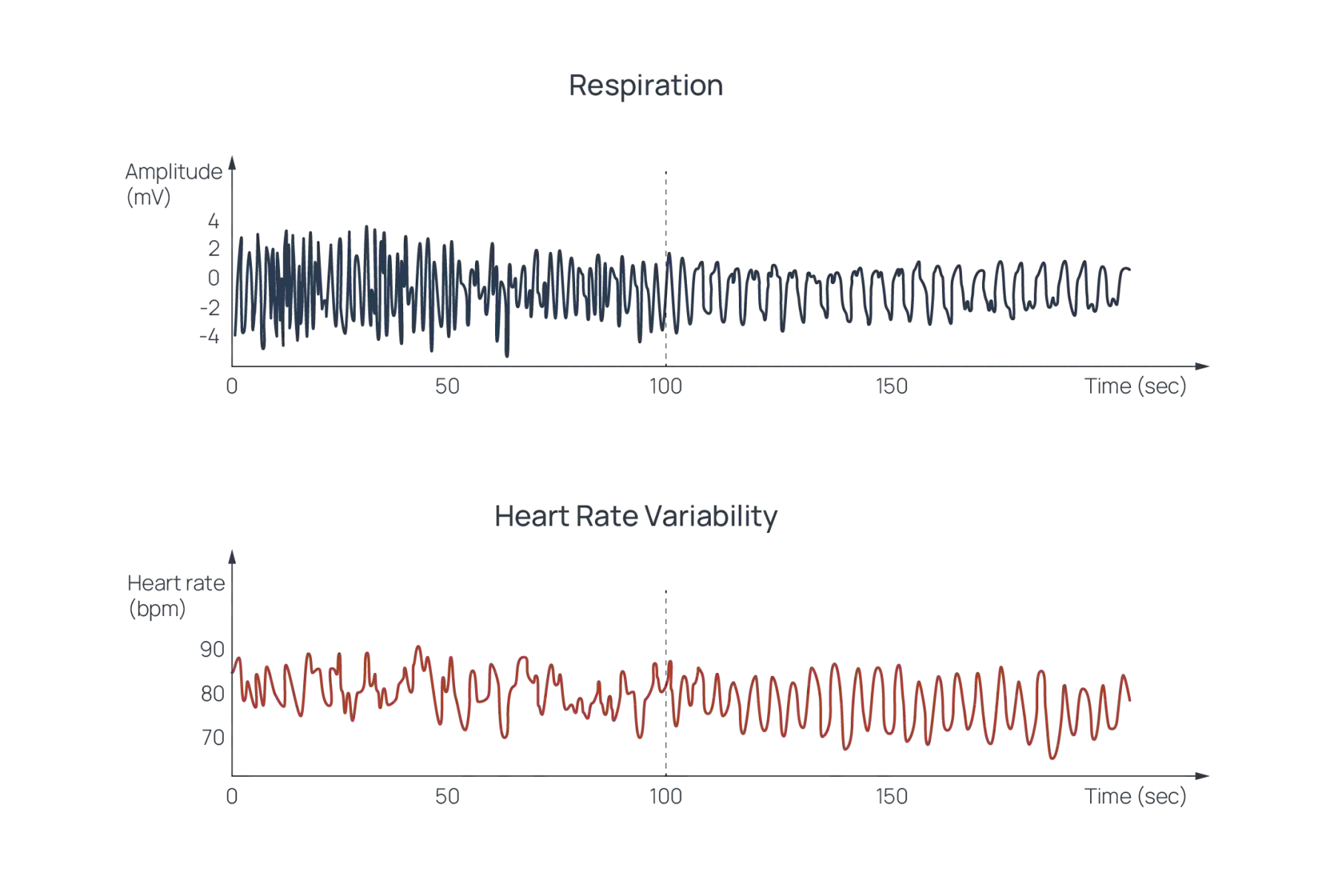
The good news is slow breathing increases your HRV. Controlled inhaling and exhaling at a pace slower than spontaneous breathing serves as your nervous system’s remote control. It takes the pressure off your gas pedal while activating your brake pedal. This reduces your blood pressure and heart rate, and increases HRV both instantly and in the long-term.
When slowing down to six breaths per minute, scientists found that your body finds a perfect balance between pushing the gas and brake pedal. In short, slow breathing triggers your body’s natural relaxation response and strengthens your stress-coping mechanism.
We have received your request
Why +60,000 people use moonbird
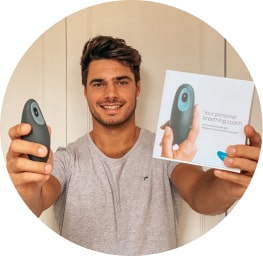

Delivery
tracking


Try it for
30 days


100%
money-back guarantee
Test for 30 days without any risk
We offer a 30-day trial period.
This way, you can comfortably try out moonbird and discover all its positive effects for yourself. Not right for you? Simply send moonbird back, and we'll refund you.
We doubt it will be the case.








